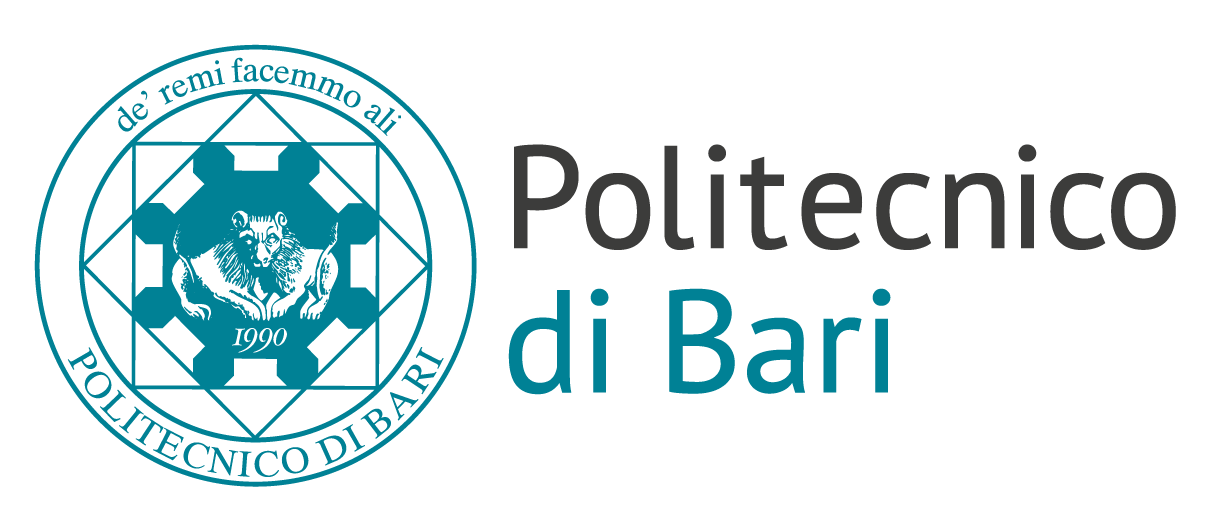HARTU will provide the necessary tools to implement three basic stages of parts handling: grasping, assembly, and releasing.
These tools aim to address key challenges in the creation of handling applications through innovative technical approaches:
(1) Identification and control of self-supervised grasp and release planning policies;
(2) Learning and control of contact-rich assembly skills from human demonstrations;
(3) Development of AI-based multi-modal perception for visual servoing and continuous monitoring in handling operations, supported by virtual and continuous learning;
(4) Development of versatile and dexterous soft grippers with electro-active fingertips.
HARTU is an industry-driven research project that includes the deployment of these technologies in five industrially relevant scenarios: four manufacturing lines from different sectors (automotive, household appliances, hand tool manufacturing, and food processing), and one in logistics. These scenarios present a wide variability in terms of product shape, material, and size.
This approach contributes to:
(1) The industrial objective of HARTU – increasing the flexibility, reconfigurability, and efficiency of manufacturing lines through handling systems that are easy to integrate and configure, as well as safe and reliable. This will be supported by application development tools and a reference architecture.
(2) The social objective – contributing to user acceptance and adoption, identification of skill development needs, and compliance with legal, ethical, and liability requirements.
Call:
HORIZON-CL4-2022-TWIN-TRANSITION-0
Ruolo del Politecnico:
Partner
Responsabile scientifico del Politecnico:
Prof. Giuseppe Carbone (DMMM)
SSD:
ING-IND/13 – Meccanica applicata alle macchine
